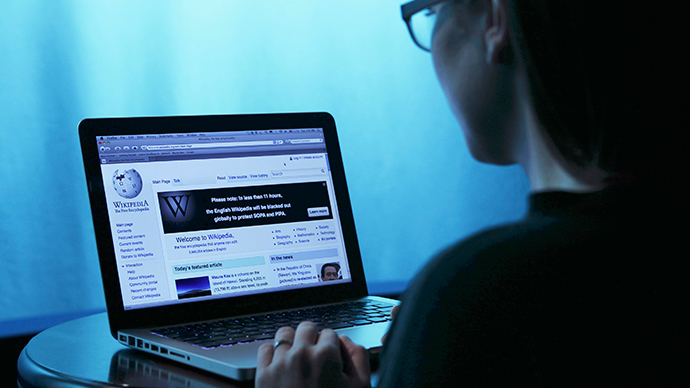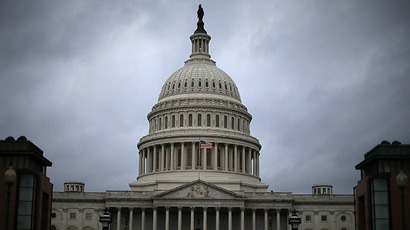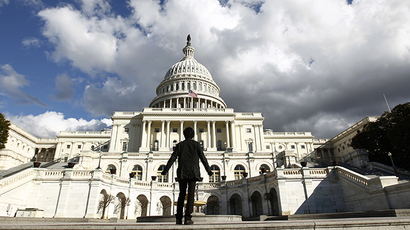Twitter account resumes posting UK politicians’ Wikipedia edits

A Twitter bot designed to alert the public to edits made to Wikipedia content by parliamentary network IP addresses has been re-launched following attempts to block it.
Politicians and Whitehall staff are known to frequently make adjustments to articles posted on the crowd-sourced encyclopedia via parliamentary network computers. A total of 5,500 edits have been made from within the Houses of Parliament since 2003.
While the majority of edits are innocuous grammar edits, the open-source project, Parliament WikiEdits, offers a glimpse of attempts by MPs and staff to polish their online image, tarnish the reputations of opponents or adjust the tone of sensitive entries.
This coup for online transparency was almost lost, however, when parliament changed its IP addresses and then refused a Freedom of Information request to reveal the new ones.
The request was refused on the basis that “releasing the information would be likely to prejudice the prevention or detection of crime,” despite the fact that similar information has previously been released in response to parliamentary questions.
The FoI request for Parliament's IP addresses has been refused on "national security" grounds. https://t.co/VylXLgBdCl Deciding what to do.
— Parliament WikiEdits (@parliamentedits) July 29, 2014
Fortunately for the developers, the project is able to continue without the government’s help. The general IP bloc assigned to parliament is public knowledge, and even in the absence of specific data, people within parliament were found to be editing content from many publicly-known IPs.
The creation of @ParliamentEdits by the journalist and developer Tom Scott followed a series of embarrassing news stories about elected officials and government employees modifying Wikipedia content, including offensive alterations made to an article about the Hillsborough disaster.
A civil servant was sacked earlier this year after adding offensive remarks to the article about the crush at the Sheffield ground on 15 April, 1989, in which 96 Liverpool football fans died.
The project has inspired similar bots tracking other legislatures. A Russian version, @RuGovEdits, flagged edits being made to content on the MH17 crash. Another in the US, @congressedits, led to Congress being banned from Wikipedia for 10 days following abusive edits.
Wikipedia's conflict of interest policies discourage people from directly editing entries on friends, family members and employers, with registered users encouraged to declare potential conflicts up front.
Such transparency is impossible for those who prefer to do their editing anonymously, which is why such edits are also regularly double-checked by human Wikipedia editors, who can undo changes deemed out of order if necessary.














